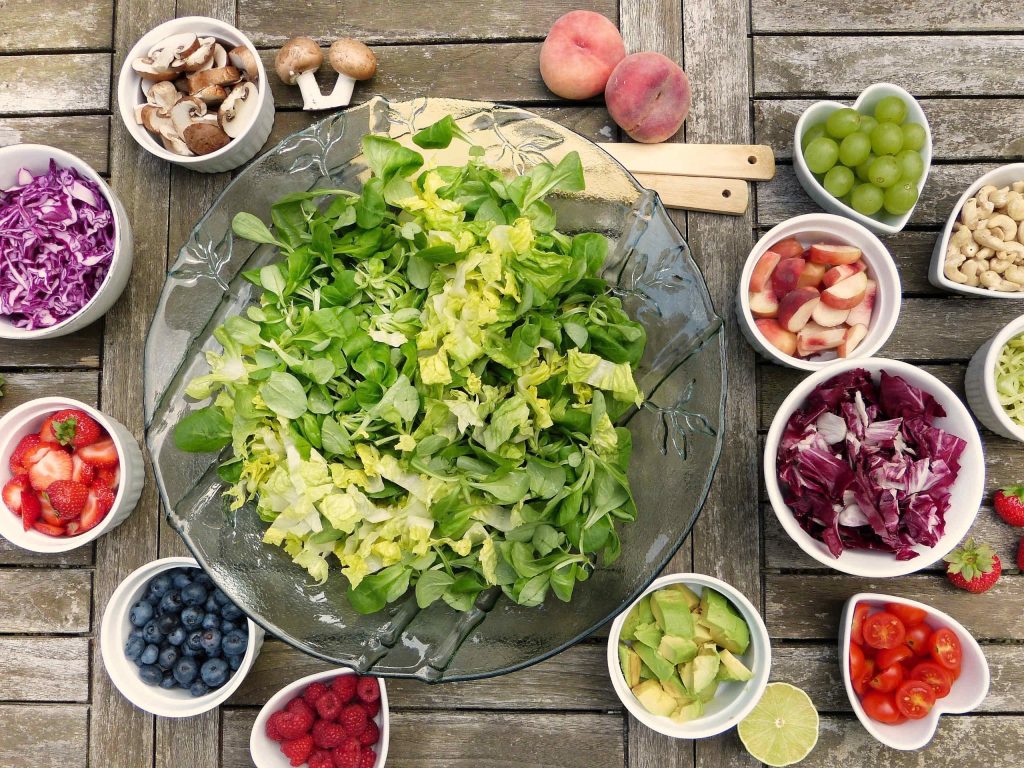
Vegan interpretations of traditional dishes will become part of our food culture in the future. This is the conclusion of trend researcher Hanni Rützler. In addition to new high-tech imitations of meat and fish, meat-free adaptations of classic dishes that do not require complicated lists of ingredients are also shining. The still popular bowls, for example, can be perfectly “veganized” – whether sweet or savoury, breakfast or lunch snack.
Now possible without animal ingredients: vegetables, fruit or salad, nuts or seeds are perfect for a quick snack. Then there are filling foods such as quinoa, couscous or bulgur, which offer plenty of scope. And then we mustn't forget the so-called superfoods: Avocado, pomegranate or chia seeds, for example, are very popular with health-conscious gourmets. The regional alternatives are beet, linseed or kale. With imagination and creativity, delicious plant-based alternatives can be created - in the form of healthy snacks, sophisticated variety or favorite childhood memories.
Meat is losing its role as the leading product of our food culture - at least in the visions of innovative food technologists and investors as well as in the vegan discourse on “proper” nutrition. Plant-based food has become one of the most important food trends of our time. In addition to plant-based products, other alternatives such as alt-protein and cell-cultured food, which are becoming increasingly similar to meat and fish in terms of taste and texture, are now on the horizon.

What if the greatest luxury of our time is not gold, but time? Not speed, but deceleration? More and more people are realizing that it’s time to travel differently. Slower. Deeper. More genuine. This is exactly where a trend comes into play that is much more than just a hiking vacation – pleasure hiking.
Organic is not a label – it’s an attitude. In Falkenstein, Lower Austria, the Pesau winery practices organic farming as a generational contract: for the soil, for the landscape, for the wine. A conversation with Andreas and Georg Pesau about living origin, sustainable craftsmanship and the courage not to bow to every trend.


Vegan interpretations of traditional dishes will become part of our food culture in the future. This is the conclusion of trend researcher Hanni Rützler. In addition to new high-tech imitations of meat and fish, meat-free adaptations of classic dishes that do not require complicated lists of ingredients are also shining. The still popular bowls, for example, can be perfectly “veganized” – whether sweet or savoury, breakfast or lunch snack.